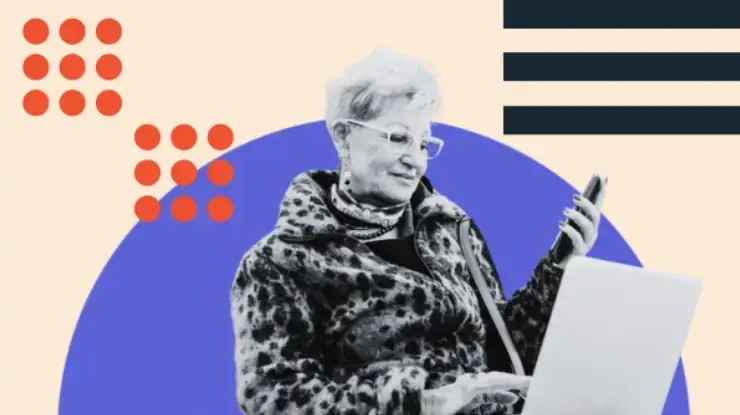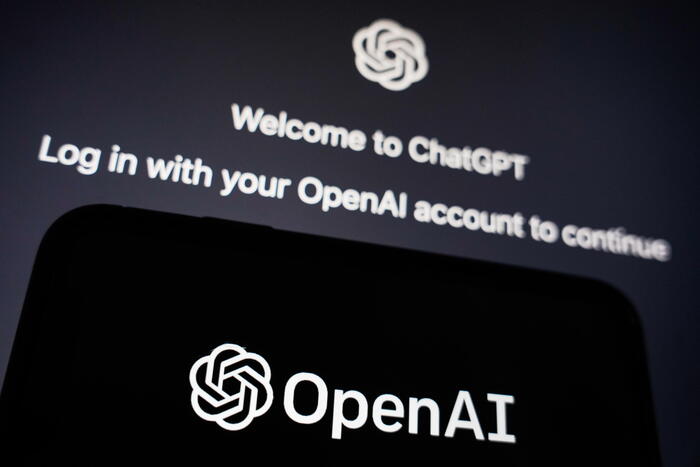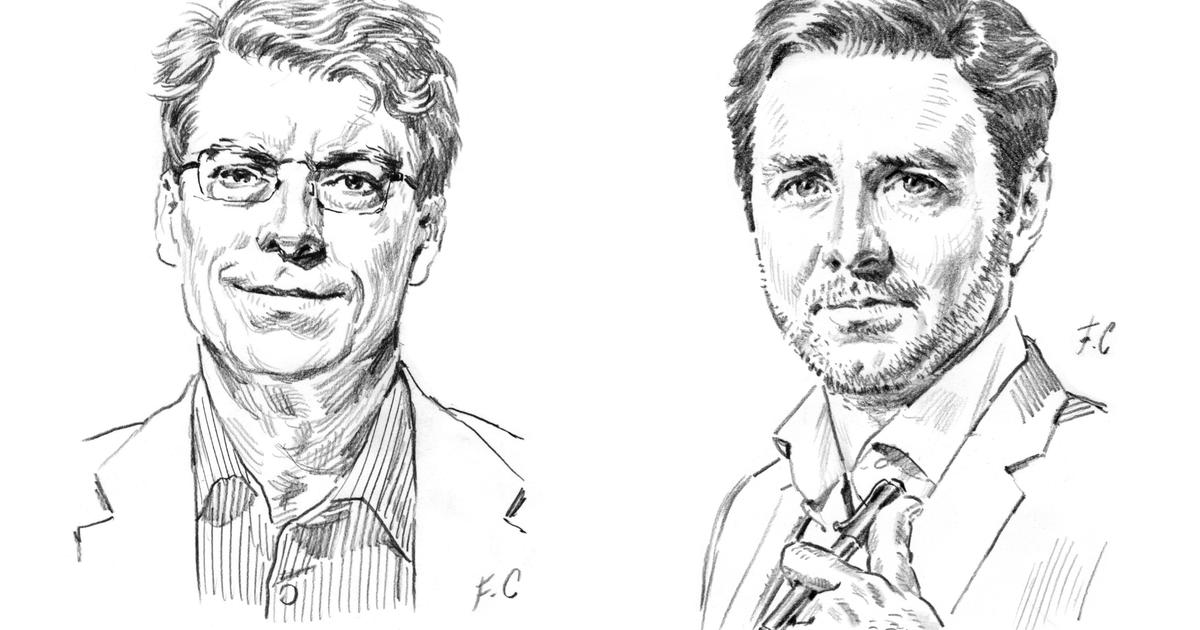When electoral political battles rage, there are those big questions that come back like a nightmare. A few years ago Siniestro Total concretized them in a song. Who are we? Where do we come from? Where are we going? Vigo's group did not give any answer. He got tangled up with more and more questions, which, in the end, rather than clarifying things, ended up complicating them. The ease with which you can now ask everything to artificial intelligence invites you to cheer up again and return to the charge to know once and for all about these matters that are so often annoying.
The ancients did not have at hand those algorithms that so effectively solve the questions simply by formulating them at the stroke of a key. They had to look for a sibyl, approach her grotto, articulate the question that devoured them inside and wait for the answer that would calm their concerns. Things didn't always go well. The Sibyl of Cumaeus was famous. He answered the questions they asked him in some papers that he placed at the door of his cave, the bad thing is that a whirlpool of wind lifted them and made them dance in the air and after all, when they fell, nobody could know the answer that corresponded to him.
A couple of weeks ago a production by the South African artist William Kentridge, who won the Princess of Asturias Award for the Arts in 2017, could be seen at the Teatros del Canal in Madrid. It deals with the need for human beings to solve these old questions and shows the distance between asking them to a flesh-and-blood sibyl or asking them to machines. The piece has two parts. In the first, The Moment Has Gone, a film is projected in which Kentridge himself shows how he works, how he unfolds and how through his drawings he handles these delicate issues. Meanwhile, four voices sing heartbreaking music that opens the doors to the inner clutter of life. The second, Waiting For The Sibyl, is an opera. The performers turn the stage into an imposing visual poem in which they dance and sing and reveal the complex emotions that lead them to the sibyl and, then, to the rain of papers with answers that no longer reach them, that perhaps belong to everyone, that do not work. The vivid colors of the actors' clothes and hats, the vertigo of the dances, the machine that spits letters, the chairs that collapse, the projections: Kentridge's work is simply superb.
As for ChatGPT's responses, he says that humans "are subject to the passage of time and the inevitability of death," that we have evolved "from common ancestors with other primates, such as chimpanzees and bonobos" and that "the future is uncertain," and that it is "difficult to predict precisely where we are headed as a species." It doesn't help much. And what that clutter that responds so correctly does not have, Kentridge's sibyl has: a consciousness and a body. And dance. Their papers fly and we lose the answers, but there is some kind of connection. When ChatGPT is asked if he dances, he replies that in terms of physical movement he "unfortunately" can't. Faced with the apocalyptic scenarios that are associated with artificial intelligence, we must not forget it: there we win.
Subscribe to continue reading
Read without limits
Read more
I'm already a subscriber

/cloudfront-eu-central-1.images.arcpublishing.com/prisa/6AFV75JE25FY7LJWIVKZFAZT5Y.jpg)




